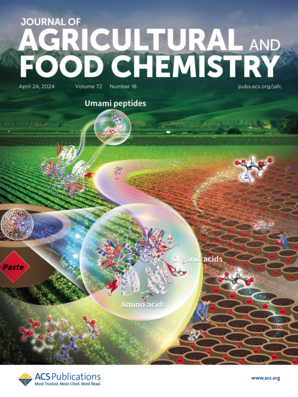Flaxseed Linusorb Alleviates Collagen-Induced Rheumatoid Arthritis in Rats via Inhibiting the TLR4/NF-κb/MAPK Signal Pathway and Modulating Gut Microbiota
Abstract
Flaxseed linusorb (FL) has gradually garnered widespread attention in recent years because of its intriguing bioactivities like anti-inflammation, antimelanogenesis, and even anticancer effects. Based on its proven in vitro anti-inflammatory activity and mechanism, it is supposed that FL may also exhibit an in vivo effect in treating and preventing rheumatoid arthritis (RA). Collagen-induced arthritis (CIA) rat models were established to investigate the potential therapeutic effect of FL, which were intervened with FL via gavage (50 and 100 mg/kg B.W.) and intraperitoneal injection (10 and 20 mg/kg B.W.). After FL treatment, RA clinical symptoms were significantly alleviated, including reduced toe swelling volume and mitigated bone damage in CIA rats. Moreover, a decline in the expression of pro-inflammatory factors (i.e., TNF-α, IL-1β, and IL-6) and RA-related proteins (i.e., MMP-3, COX-2, and 5-LOX) was observed to effectively block the TLR4/NF-κB/MAPK signaling pathway. In addition, FL was discovered to modulate the diversity and composition of intestinal microbiota in CIA rats, where the level of g_Parvibacte, g_Allobaculum, g_Enterococcus, and unclassified_o_Lactobacillales could be significantly increased, whereas the level of Gram-negative bacteria g_Parabacteroides, g_Parasutterella, and g_Paludicola was notably reduced. In conclusion, FL shows promise in RA treatment by inhibiting inflammatory pathways and regulating the gut microbiota.





